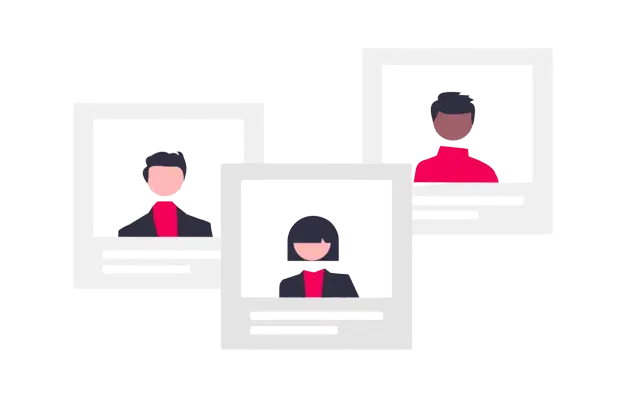Overview of Digital Verification Engineer Test
The digital verification engineer test is designed to assess a candidate’s skills and knowledge related to digital verification engineering.
Skills measured
- Verification Methodologies
- Testbench Development
- Coverage-Driven Verification
- Debugging
- Scripting
- Communication Skills



